Career Paths
A background in Earth, Oceans, and Atmospheric Sciences prepares you with interdisciplinary skills used across STEM careers.
What can you do with a science degree from UBC?
Explore the transformative impacts of science and how to establish a competitive edge in your career on UBC’s Science Careers page. Learn about experiences that extend beyond the laboratory or classroom and set the stage for a dynamic future.
Discover Your Future in Science on the Faculty of Science’s introductory page.
Why choose Earth, ocean, atmospheric, and environmental sciences?
Our department offers degrees that span the full spectrum of scientific disciplines—from mathematics, physics, and computing to biology, chemistry, geology, and environmental sciences. These programs are designed not just to educate but to inspire, preparing you to tackle the world’s most pressing environmental challenges.
Your prospects with EOAS qualifications from UBC
The future of energy, mineral and water resources, environmental stewardship, climate change, and hazard assessment are rapidly evolving fields that require innovative approaches and solutions. Graduates from our programs are uniquely positioned to lead these changes and make significant contributions to society.
Explore the professional paths available to EOAS graduates by clicking the sections below. Discover how our alumni are making a difference in the world and how you can join them in shaping a sustainable future.
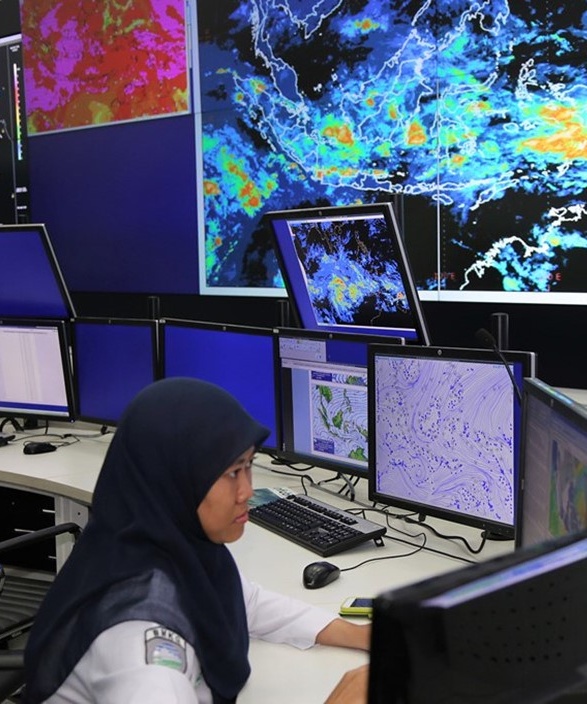 Work in: air quality, meteorology, environmental consulting, weather forecasting, as pilots, air-traffic controllers, fire-weather forecasters, weather-software and app developers, and TV meteorologists.
Work in: air quality, meteorology, environmental consulting, weather forecasting, as pilots, air-traffic controllers, fire-weather forecasters, weather-software and app developers, and TV meteorologists.
Provide expertise for the public, corporate, agriculture, aviation, transportation, insurance, commerce, air quality, and other sectors.
Work may involve: deploying field instruments, making observations, retrieving large public/commercial datasets, analysis, data science, or programming
Skills acquired: include math, physics, data science, meteorology, communication, teamwork, computer programming, project management, and more.
More details:
- UBC programs; Atmospheric Sciences.
- Atmospheric Sciences outline at the Faculty of Science.
- The EOAS Atmospheric Sciences degree details page.
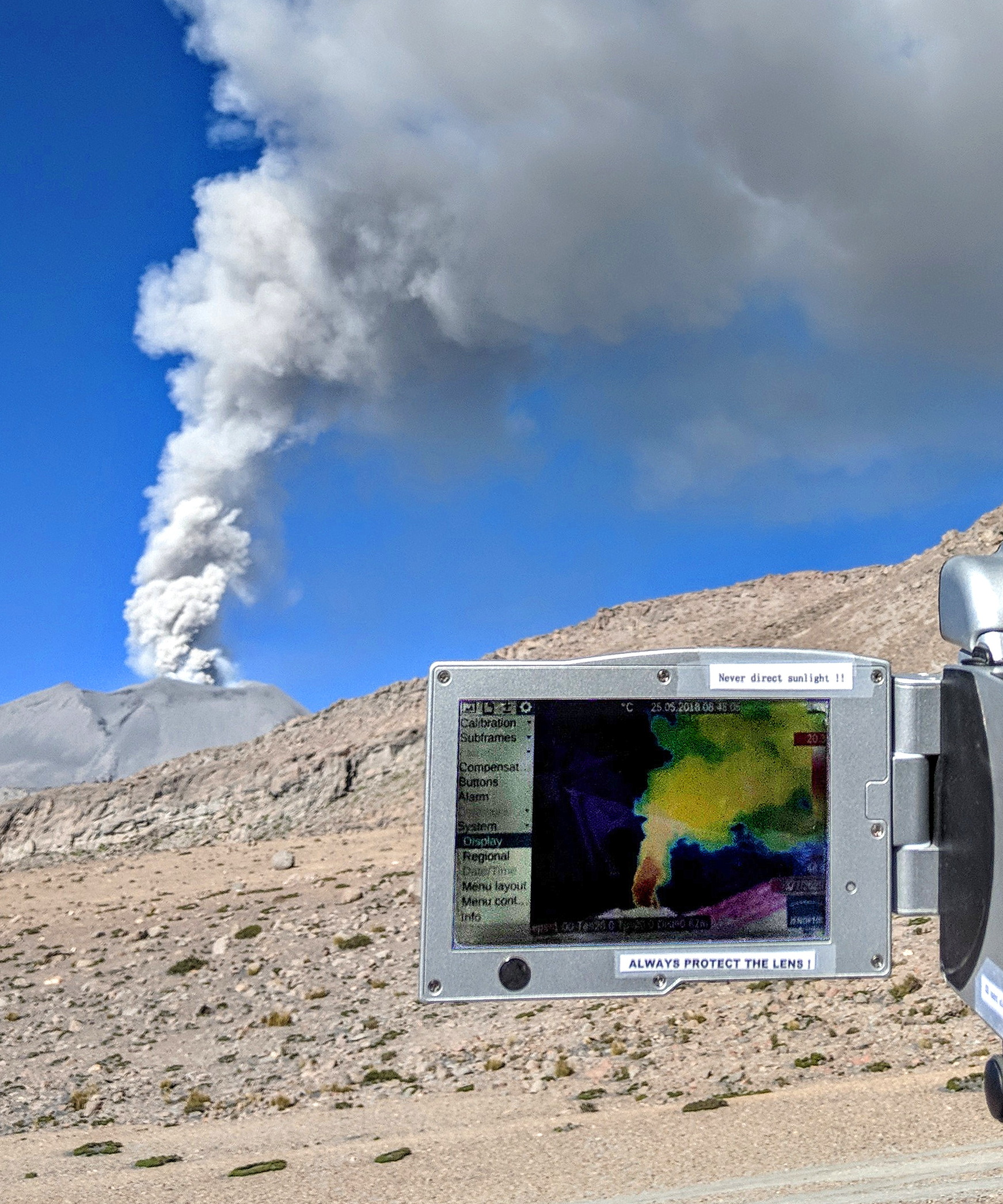 Work as consultants or principles in the energy, resources and water sectors, to assess hazards, or conduct fundamental research to better understand our planet from local to global scales.
Work as consultants or principles in the energy, resources and water sectors, to assess hazards, or conduct fundamental research to better understand our planet from local to global scales.
Provide expertise in math/physics/computing to ensure effective decisions regarding the environment, energy, resources, construction, natural hazards and many other issues critical to an efficient, sustainable, equitable society.
Work may involve: Use surface, airborne & satellite methods to gather data for visualization, modeling and analysis of Earth’s surface and subsurface. Communicating complex results, phenomena & data sets to decision makers is also important.
Skills acquired: rigorous understanding of how, when and why to apply methods involving mathematics, physics, computing, modeling & data science. Geophysicists are often the first to conceive and develop these state-of-the-art computing and instrumentation technologies.
More details …
- "What can I do with a BSc in Geophysics?" - a Faculty of Science blog.
- UBC programs; Geophysics.
- Geophysics outline at the Faculty of Science.
- The EOAS Geophysics degree details page.
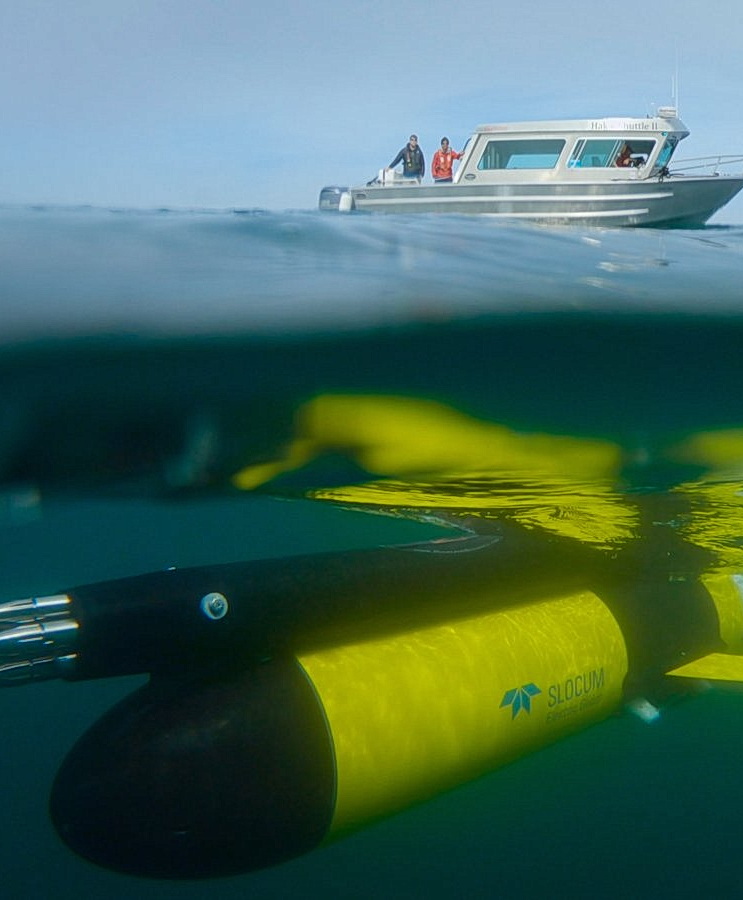 Work in: research labs and industries ranging from fisheries and resources to coastal ecosystem management and tourism.
Work in: research labs and industries ranging from fisheries and resources to coastal ecosystem management and tourism.
Provide expertise for local, industrial, government and environmental organizations affecting policy, community safety and sustainability, food and climate justice, commerce, and education.
Work may involve: computing, data processing and analysis, lab work, ships, boats, coastal field settings, local, regional or global communities and organizations, public or academic education, and more.
Skills acquired: You will be the most interdisciplinary of Earth science professionals since the Oceans are such a complex system of physical, chemical and biological processes - all interacting at depth and at interfaces including air/water, ocean/land, sea/rivers.
More details …
- UBC programs; Oceanography.
- Oceanography outline at the Faculty of Science.
- The EOAS Oceanography degree details page.
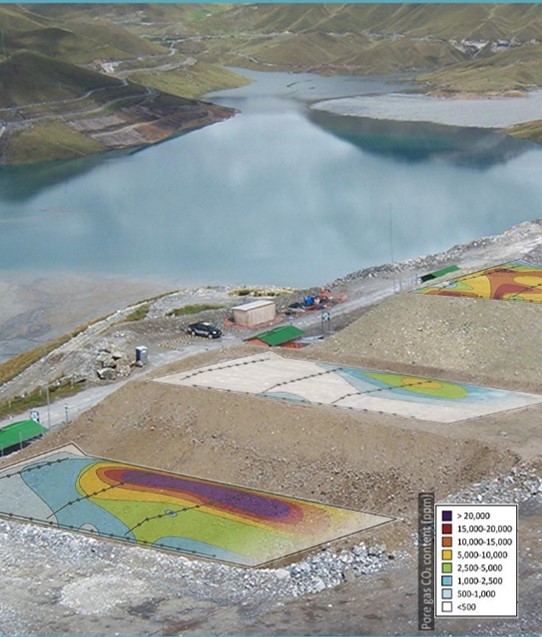 As a Geological Engineering graduate you will be in high demand and have a wide selection of career opportunities to choose from. Senior Geological Engineers become international experts, with many serving as CEO's or owning consulting companies.
As a Geological Engineering graduate you will be in high demand and have a wide selection of career opportunities to choose from. Senior Geological Engineers become international experts, with many serving as CEO's or owning consulting companies.
Work in: You will contribute in the natural resources, environmental protection, civil infrastructure, natural hazards, water management, energy or related sectors.
Provide expertise for infrastructure construction and maintenance, the resource, water and energy sectors, hazards mitigation and more.
Work may involve: field and office work, consulting, project design, computing and modelling, community and engagement with commercial and public sectors.
Skills acquired: the math, physics & geology for project design or evaluation, project management, working with teams and communicating as an expert consultant.
More details …
- UBC programs; Geological Engineering.
- Geological Engineering outline. See especially the “Escape the Office” page.
- The EOAS Geological Engineering degree details page.
Work in: mineral, energy, and water resource industries; With industry or research experience, geologists may also work as consultants or in government or NGO settings. Others dedicate their careers to research in academia or geoscience education
Provide expertise in industry, consulting, government academic or international & NGO settings.
Work usually involves: a stimulating combination of field, laboratory, computing, office, consulting or team work and communication with clients, public or partners.
Skills acquired: A geologist’s unique combination of skills and knowledge encompasses the Earth’s composition, history, and processes, including:
- chemical and physical properties of minerals, rocks, and fluids
- history & evolution of life
- formation and distribution of critical mineral deposits
- Hazards including earthquakes, volcanoes and unstable ground
- the quality, distribution and management of groundwater
More details:
- UBC programs; Geological Sciences.
- Geological Sciences outline at the Faculty of Science.
- The EOAS Geological Sciences degree details page.
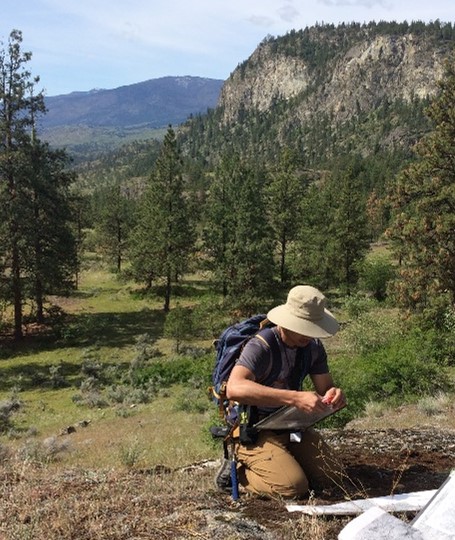 Work in: research, government, consulting, industry, law, medicine, occupational health, education or advocacy.
Work in: research, government, consulting, industry, law, medicine, occupational health, education or advocacy.
Provide expertise for local / regional / global policy making, international development, journalism, food systems management, sustainable business, forestry and energy practice, resource stewardship, environmental consulting or transportation and urban planning.
Work may involve community engagement, field measurements, lab work, computing, writing, teaching, consulting, food and climate justice - virtually any setting.
Skills acquired: interdisciplinary science, a systems understanding of environmental challenges, critical thinking and research skills, teamwork, project management, communication.
More details:
- UBC programs; Environmental Sciences.
- Environmental Sciences outline at the Faculty of Science.
- The EOAS Environmental Sciences degree details page.
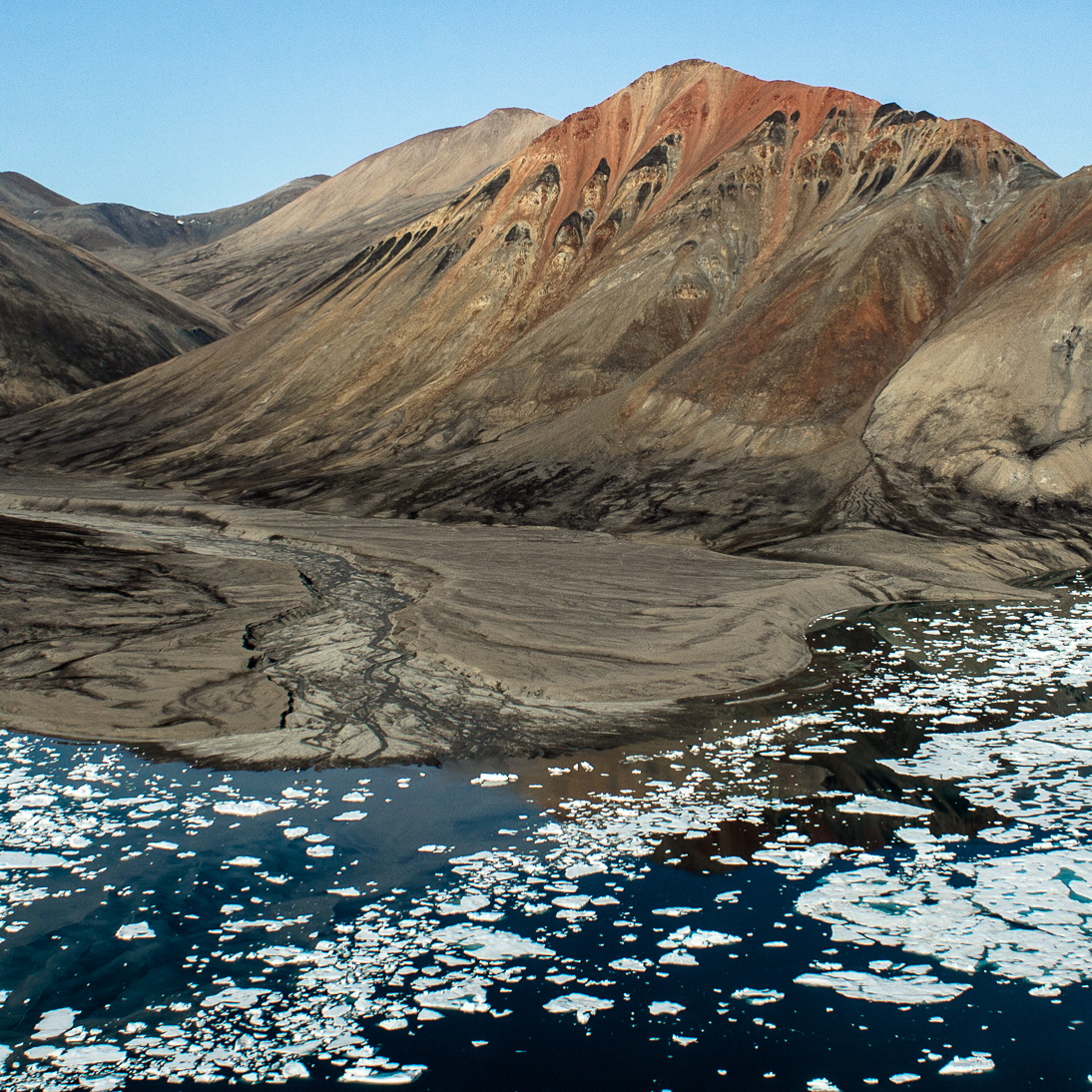 Earth and Ocean Sciences is a flexible specialization encompassing the broad spectrum of disciplines within EOAS.
Earth and Ocean Sciences is a flexible specialization encompassing the broad spectrum of disciplines within EOAS.
You can choose to focus on geology, geophysics, oceanography or atmospheric sciences or choose courses for a broader overview of Earth Sciences.
Your qualifications will prepare you for further studies or occupations in education, pre-med, law, journalism, or other disciplines.
More details:
- UBC programs; Earth and Ocean Sciences.
- Earth and Ocean Sciences outline at the Faculty of Science.
- The EOAS Earth and Ocean Sciences degree details page.
Versatile career options
You gain so much more from EOAS degree specializations ...
- Multidisciplinary skills and knowledge; math, computing, physics, environment & climate science, geology, resource stewardship, oceanography, engineering… .
- Rigorous foundations acquired in context; basic science becomes meaningful when learned within important and inspiring contexts.
- Versatile, current and future-ready skills that employers are looking for; EOAS programs provide the optimal balance of fundamental knowledge and career-ready skills.
- Capabilities for addressing society’s major challenges: Your EOAS degree enables you to contribute to rigorous, respectful and responsible decision-making regarding climate change, resource stewardship, environmental & natural hazards management, and others.
- Professional registration: EOAS degrees enable you to prepare for registration as a professional engineer, geoscientist or biologist in British Columbia.

Showcasing professionals and employers
Diverse professionals with Earth, ocean, atmospheric or environmental science degree backgrounds are showcased on the following pages.
- EOAS alumni spotlights; meet these and others …
- geophysics graduate & consulting field geophysicist (UBC profile)
- atmospheric science (ATSC) graduate & winning yacht race skipper
- ATSC graduate & wind energy data analyst
- environmental science graduate & associate lawyer (UBC profile)
- geologist & museum curator
- Geological engineer, sustainability advocate & politician
- Meet creative EOAS staff, faculty & students: See more at EOAS news page; select category “People”.
- Geophysicist, instrumentation engineer & educator: Francis Jones, MSc.
- ...
Discover career prospects, current demand, and emerging trends at the regularly updated Geoscience Workforce section of the American Geosciences Institute (AGI). Especially inspiring is AGI’s page “Careers that Change the World”.
The July 2022 issue of the American Geophysical Union (AGU) science news magazine “EOS” includes 19 career pathway mini-essays. Open this drop-down section for pointers:
- Bringing Satellite Data Down to Earth: Showing how eyes in the sky can help people on the ground.
- Forwarding Knowledge on Climate and Gender: A climate scientist builds a network for women and nonbinary people in her field.
- A Voice for Indigenous Agriculture: A farmer draws on Traditional Knowledge to restore the Native American food system.
- Changing Conservation Narratives: From the USA to Peru and beyond, she is working on environmental and social justice projects.
- The Virtual Reality of Climate Change: bringing science to the public using technologies like virtual reality to improve understanding of climate change.
- Never Settle for Things as They Are: An award-winning astrophysicist is using her visibility to call attention to inequalities in the Brazilian science community.
- Normalizing STEM in America’s Heartland: Community science builds bridges while generating valuable environmental data.
- Slowing the “Escalation to Extinction” of birds: From Bolivia to Peru, he researches how a warming world affects tropical birds.
- A “Really Long, Convoluted Path” to Health: Lo uses her background in atmospheric sciences to forecast pollen concentrations.
- Disrupting the Status Quo: Advocating for the importance of Traditional Knowledge in Finland and beyond.
- Planets are Interdisciplinary: Inspired by the Arecibo Observatory, studying planets and inspiring youth (including audio interview).
- Greasing Telescope Gears During a 7-Month-Long Night while overwintering at the South Pole Telescope facility.
- A Champion for DEI in the Geosciences: Studying tectonic plates and sand and working to make the geosciences more equitable.
- Studying Oceans from Above: Oceanography with a combination of laboratory work and satellite imagery.
- Proud to Study Paleoclimate in Colombia: Bringing a fresh, Latina perspective to paleoclimatology.
- Preserving Earth’s Biodiversity and Integrity: From Antarctica to the Arctic, a climate scientist visits Earth’s frozen areas to study the effects of climate change.
- A Just Transition to Clean Energy: Making sure people whose incomes rely on fossil fuels aren’t left behind as alternative energy sources become more established.
- Going with the Flow: A career in fluid mechanics is both intellectually stimulating and well suited to solving environmental problems.
- Community College Professor Goes to Space: An Arizona geoscience educator finds she has the SpaceX factor to become an astronaut.
Specific options at UBC
You can pursue a BSc Majors or Honors degree in one of seven different specializations, or choose a Combined Majors or Combined Honors degree by combining two of these or one plus another subject at UBC. See the EOAS Degrees page for details.
Seek out advice and discover opportunities for scholarships, work experiences, and EOAS student accomplishments and activities including clubs, communities and social or job-related networking events.
